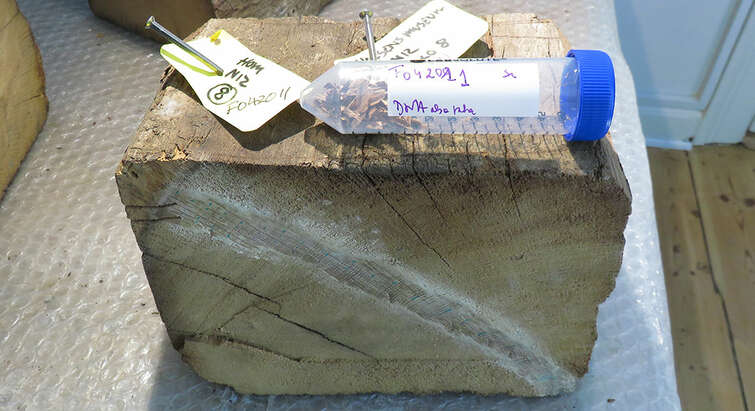
News about History
Viser 169 til 192 af 237 dokumenter.


Inter-island Connections in the Lesser Antilles: Conference Update!

Tree rings and strontium point researchers to the provenance of 400-year-old timber

Frank Ejby Poulsen has won the María Zambrano Grant

Inter-Island Connections in the Lesser Antilles Conference: Registration Open!

New intern - Tilde Olsen

Videnskab fra vilde hjerner: Mysteriet om Europas ældste skriftsprog

History student writes about his internship experience at the UN Geneva

Two research blogs from interns at the United Nations Library and Archives Geneva

Splashes in the Antillean Archives

Modern arms technologies help autocratic rulers stay in power

New student assistant - Lucas Marin

PRIVACY Scholars receive Nordforsk Grant

Piss off: Salva Kiir and South Sudan

Internship at the United Nations Library & Archives Geneva

PRIVACY-PhD, Anni H. Henriksen in new job at Karberghus Ejendomme A/S

Call for Papers: Privacy Matters. How Interiors make and break our Cities.

Grenada Genealogical and Historical Society Online Event - Rumours in the Lesser Antilles
Land healing, farming and spiritual cleansing in Southern Africa

Bronze Age Textile Production (Kültepe-Kanesh)

Centre Director Mette Birkedal Bruun as Keynote Speaker at the IAPP Europe Data Protection Congress 2022

Incoming Vessels in De Curaçaosche Courant: A Quantitative Microhistory, 1833-1834 and 1845-1846

Open World Conference 10-11 Nov. 2022: Open Science and Global Dangers

